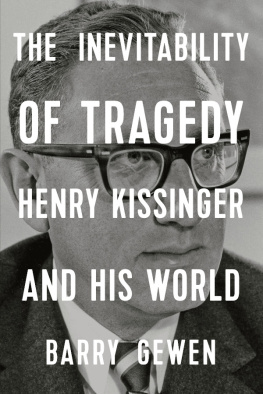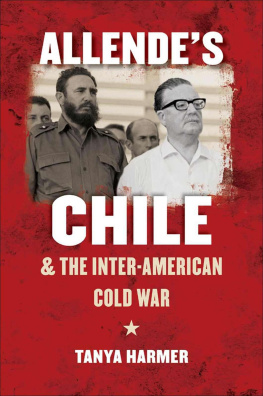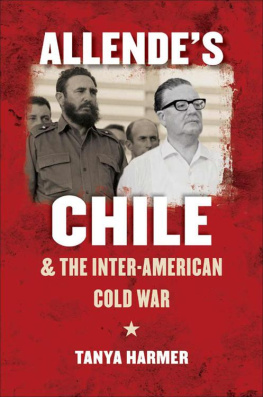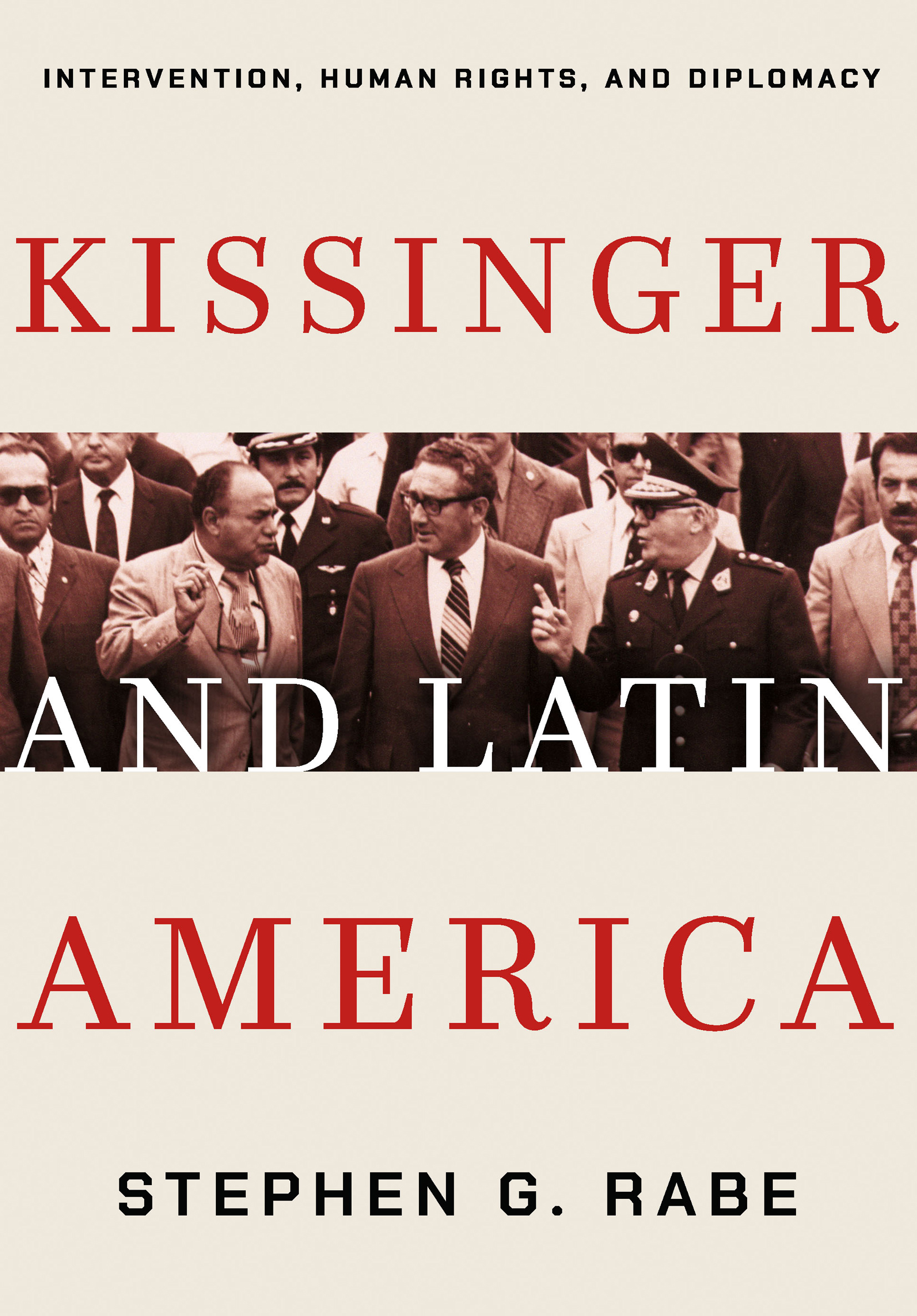STEPHEN G. RABE
Introduction
The Case for Henry Kissinger and Latin America
Kissinger and Latin America: Intervention, Human Rights, and Diplomacy provides an opportunity for interpreting U.S. policies toward Latin America during a critical period of the Cold War. Except for the issue of Chile under Salvador Allende, historians have largely ignored inter-American relations during the presidencies of Richard M. Nixon and Gerald R. Ford. The book also offers a way of adding to and challenging the prevailing historiography on one of the most preeminent policymakers in the history of U.S. foreign relations. Scholarly studies on Henry Kissinger and his policies between 1969 and 1977 have tended to survey his approach to the world, with an emphasis on initiatives toward the Soviet Union and the Peoples Republic of China and the struggle to extricate the United States from the conflict in Southeast Asia. Other scholars have focused on Kissingers role in bilateral relations with countries such as Pakistan and Iran. This book offers something new: analyzing U.S. policies toward a distinct region of the world during Kissingers career as national security adviser and secretary of state.
The Ambitious Kissinger
Students and scholars might ask, Why open a book about Henry A. Kissinger and Latin America? That question might be asked because the prevailing assumption has been that Kissinger and the Richard M. Nixon and Gerald R. Ford administrations had no interest in the region and left relations with Latin America to career diplomats. The only significant issue was the U.S. opposition to the election of Salvador Allende (19701973) to the presidency of Chile, because of Allendes alleged ties to the international communist movement. This study challenges the notion that Henry Kissinger dismissed relations with the southern neighbors. The energetic Kissinger devoted more time and effort to Latin America than any of his predecessors or successors who served as national security adviser or secretary of state during the Cold War era (19451989). He waged war against Salvador Allende and successfully destabilized a government in Bolivia. He resolved nettlesome issues with Mexico, Peru, Ecuador, and Venezuela. He launched critical initiatives with Panama and Cuba. Kissinger also bolstered and coddled murderous military dictators who trampled on basic human rights. South American military dictators committed international terrorism in Europe and the Western Hemisphere.
In their memoirs, Presidents Nixon and Ford and Kissinger himself did their best to leave the impression that Republican administrations dismissed relations with Latin America. In RN, Nixon wrote a monumental memoir of over a thousand pages. The only substantial discussion of inter-American relations revolved around Vice President Nixons tour of South America in the spring of 1958. Nixon faced violent protests over the Dwight D. Eisenhower administrations support for authoritarian rulers in the region and was almost killed by a howling mob in Caracas, Venezuela. The point Nixon wanted to make was that he remained calm and brave in the face of danger. On Allende and Chile, Nixon penned one innocuous page in which he conceded that the United States financed anti-Allende groups but only in response to communist Cubas financial backing of Allende. He observed that the Chilean military overthrew Allende because of his inefficiency. Nixon had a few pages on the alleged plan by the Soviet Union to build a base for submarines in Cuba. But this incident was included to prove that his diplomacy was superior to President John F. Kennedys rash approach to the Cuban Missile Crisis of 1962. President Ford largely ignored Latin America in his autobiography.
Compared to their foreign-policy partner, Nixon and Ford proved concise writers. Henry Kissinger produced a three-volume memoir over two decades that amounted to over 3,800 pages in length. In all three volumes, Kissinger offered lengthy, legalistic defenses of his role in the overthrow of Allende and the subsequent embrace of the brutal Chilean dictator General Augusto Pinochet (19731990). Kissingers defense could be summarized as, I was not deeply engaged in Chilean matters. In any case, Kissinger reiterated Nixons argument that Allende fell because of his own incompetence.
Beyond Chile, Kissinger had nothing to say of significance about Latin America until his last volume, when he devoted eighty-five pages of text to the region. His approach was selective. He skipped his role in orchestrating the overthrow of the Bolivian government of Juan Jos Torres in 1971 and the implicit approval he offered in 1976 to the Argentine militarys plan to carry out wholesale murder against political leftists. He thought, however, that by Latin American standards, Brazils military rulers were remarkably benign. He made the factually incorrect statement that in Brazil the opposition went into exile, rather than to prison or death.



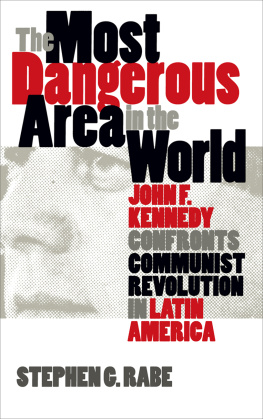
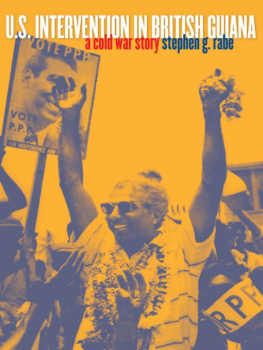
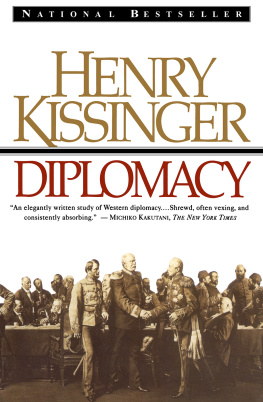
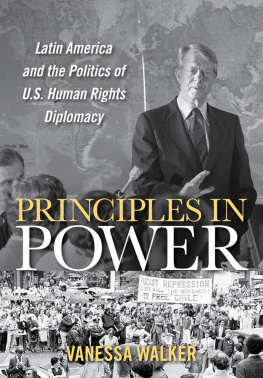
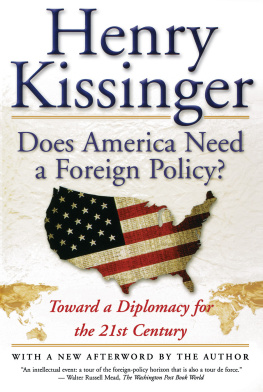
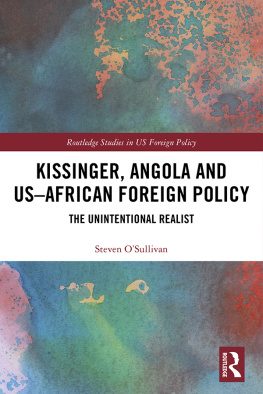
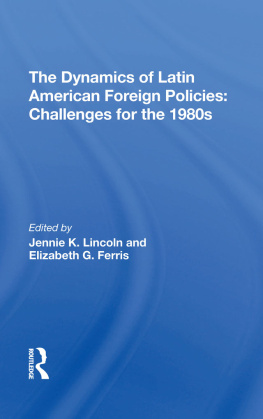
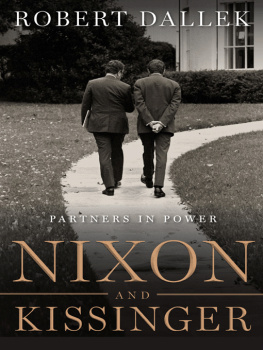
![Kissinger - Years of Upheaval: [VOL2 Classic Memoirs]](/uploads/posts/book/181244/thumbs/kissinger-years-of-upheaval-vol2-classic.jpg)
